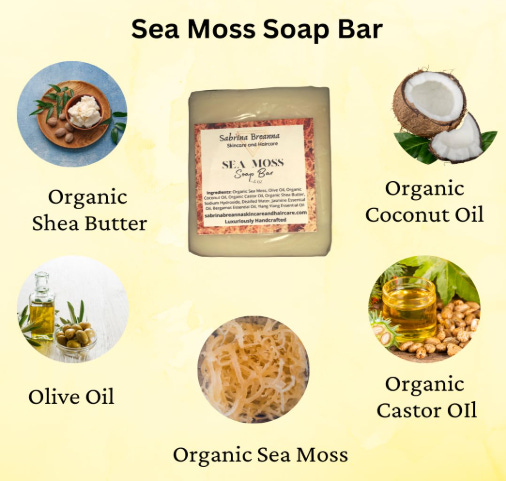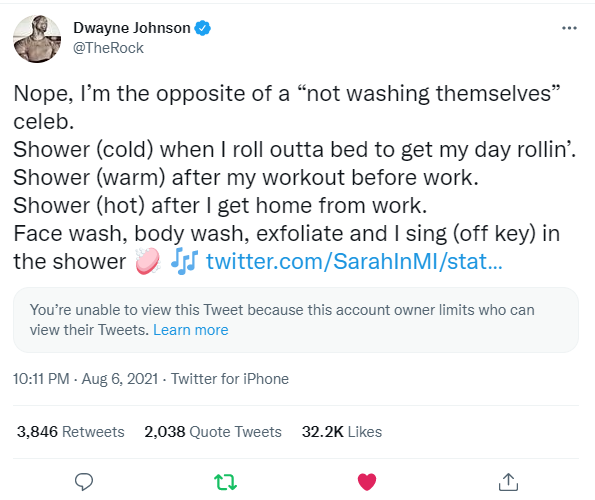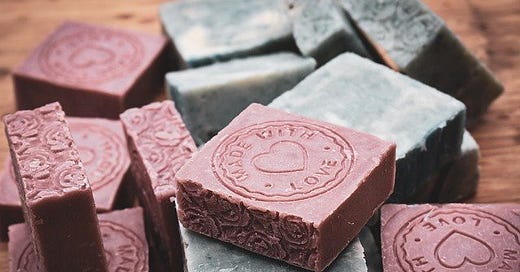Is the soap debate deeper than hygiene?
The link between bathing and race: Is that the bigger issue?

“I stink so much I make myself gag,” Patsey said. “Five hundred pounds of cotton, day in, day out, more than any man out here. And for that, I will be clean.”
When I saw that scene in “12 Years a Slave,” starring actress Lupita Nyong’o, I never forgot it. The day this movie came out, I’d just been laid off from a newspaper job. I have always lived by the motto, “No matter how bad it is for you, it’s worse for someone else.” It’s a strange take on “misery loves company,” but I tend to try to find something to humble myself when bad news happens. So off I went to the movie theater the same day that I got the news. I’ll never ever watch “12 Years a Slave” again; once was all the time I needed. It wasn’t a bad movie, and it did what I needed it to do. But to hear a black woman have to beg to bathe made me wince as much as the whips.
ADVERTISEMENT ~ Amazon
As an Amazon affiliate, I earn a percentage from purchases with my referral links. I know some consumers are choosing to boycott Amazon for its DEI removal. However, after thinking about this thoroughly, I want to continue promoting cool products from small businesses, women-owned businesses and (specifically) Black-owned businesses who still feature their items on Amazon. As of the first date of Black History Month 2025, each new post will ALWAYS include a MINIMUM of one product sold by a Black-owned business. (I have visited the seller’s official site to verify that Amazon Black-owned logo.) I am (slowly) doing this with older, popular posts too. If you still choose to boycott, I 100% respect that decision.

I hadn’t thought of that movie since 2013, but listening to WBEZ’s (Chicago’s NPR talk radio) “It’s Been a Minute With Sam Sanders” on Saturday made me keep visualizing this scene. Sam Sanders and author Carl A. Zimring (“Clean and White: A History of Environmental Racism in the United States”) were having a conversation about whether the celebrity bathing debate was about race more than hygiene. While I’d noticed an alarming amount of everyday white people come to the defense of white celebrities like Ashton Kutcher, Dax Shepherd, Mila Kunis, Kristen Bell and Jake Gyllenhaal for not bathing, I also ended up in a debate with non-white people regarding laundry washing. So I wasn’t all the way sold on it being race-related.
But then I saw the demographics of the people who were irate about The Rock bathing three times a day, and it was a little harder to deny there was a slant. These critics looked like the same people ignoring leg washing, and I have yet to figure out why someone would ignore two body parts they’re standing on.

Still, I went to more than enough slumber parties in elementary school and had mainly white roommates in college. This non-bathing issue never came up, outside of one Japanese friend I had who explained that she chose not to bathe daily to conserve water. It threw me off at first, but after talking to a few of her social circle (also Japanese), who didn’t agree but explained the environmental angle to me, I sorta kinda understood her frame of mind with “washing up” versus showers. Did I agree with it? Absolutely not. I take a shower daily and sometimes twice a day during summer months and dance aerobics days. But had she and I not gone on a road trip together and shared the same bathroom, I’d have never known she opted out of daily showers.
ADVERTISEMENT ~ Amazon
As an Amazon Affiliate, I earn a percentage for each purchase with my referral links.
So how does this relate to the current soap debate? During the WBEZ conversation, racial stereotypes were brought up — one of which is the belief that certain groups are seen as dirty. Historically speaking, when a certain group of people (i.e. slaves) were forced into unpaid labor and did not have the resources to the same hygiene supplies as others, that comes with the territory. Hence the scene from the film “12 Years a Slave.” When you take something away from someone who’d always had access to it, all it does is make them want it even more.




